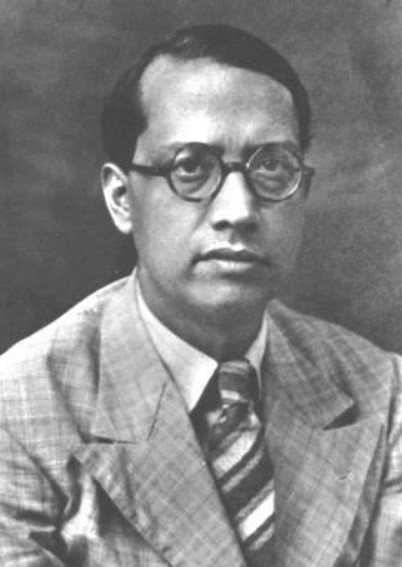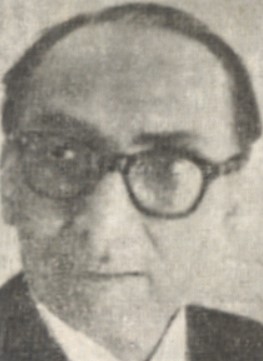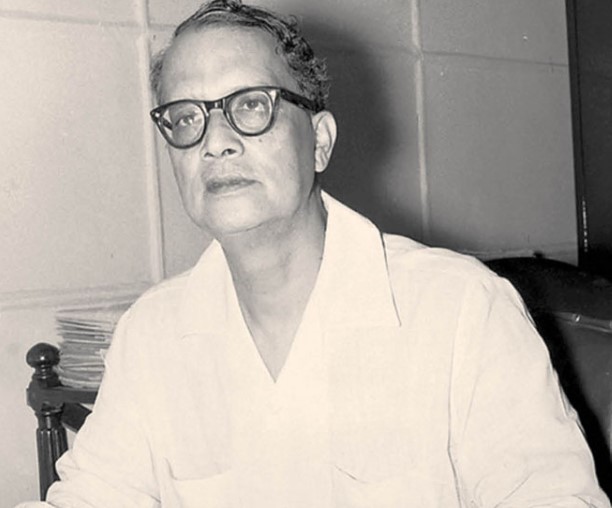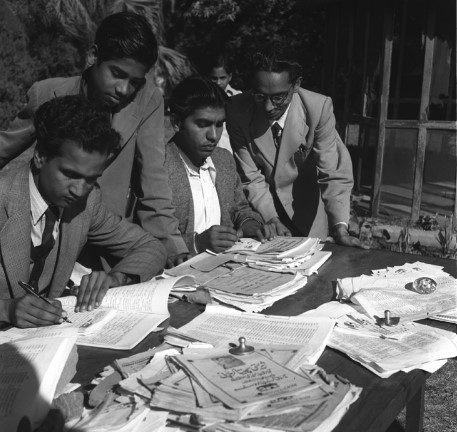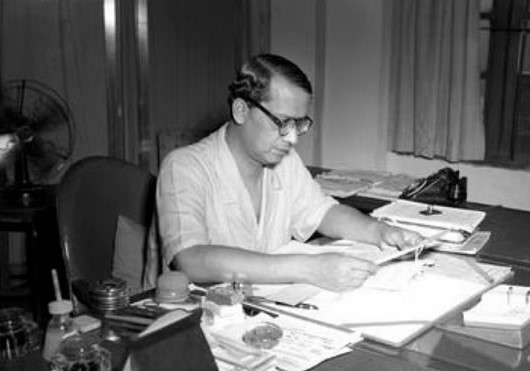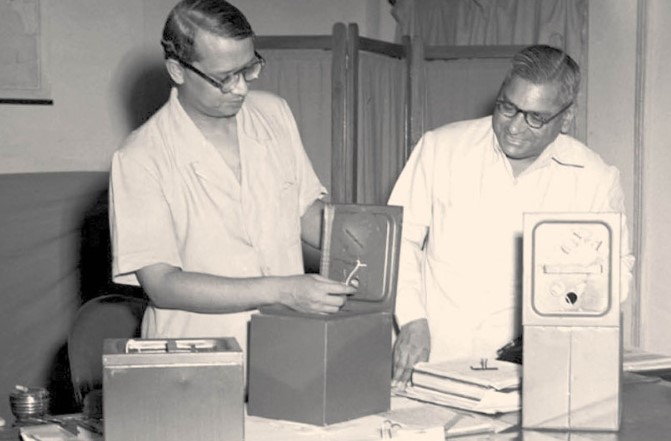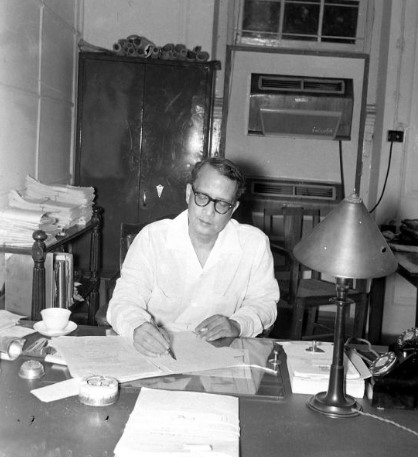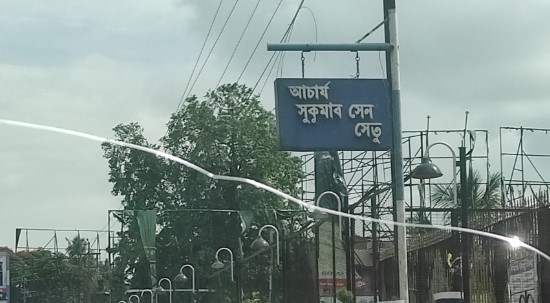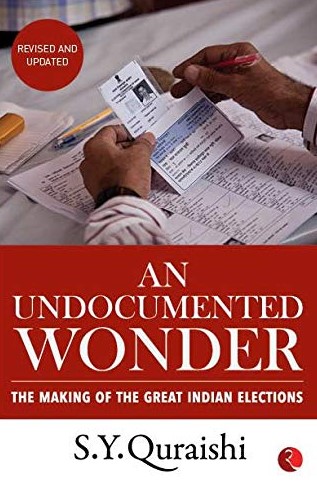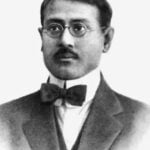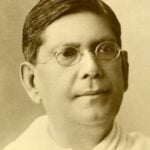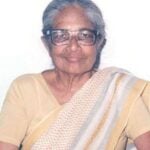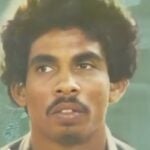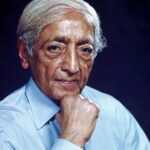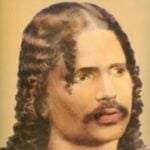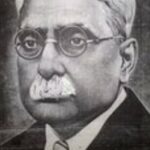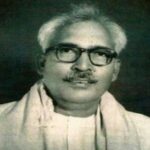Sukumar Sen Age, Death, Family, Biography
Quick Info→
Age: 65 Years
Death Date: 13/05/1963
Death Cause: Age Related Illness
Some Lesser Known Facts About Sukumar Sen
- Sukumar Sen grew up in a Bengali Baidya-Brahmin family.
- He chose to join the Indian Civil Service (ICS) to financially support his family and pay for the education of his six brothers and two sisters.
- He received a gold medal in mathematics during his college days.
- In 1921, Sukumar Sen joined the Indian Civil Service (ICS) and worked in various districts of West Bengal as an officer and judge.
- In 1947, he became the Chief Secretary of West Bengal, the highest position for an ICS officer in any state of British India. He was chosen for this position by West Bengal’s first chief minister Prafulla Chandra Ghosh.
- Bidhan Chandra Roy, the second chief minister of Bengal, was impressed by his strong math skills and strict management style.
- When Jawaharlal Nehru needed a good administrator for the country’s first general elections, Roy suggested Sukumar Sen to Nehru.
- He became the Chief Election Commissioner of India in 1950 while serving as Chief Secretary of West Bengal. He served in the position from 21 March 1950 to 19 December 1958.
- Sukumar Sen was responsible for managing the 1952 Indian General Election, which was the first election in independent India’s history.
- Since many voters in newly independent India could not read, Sen used symbols from everyday life, like an earthen lamp or a pair of bullocks, to represent political parties.
- Each candidate had a coloured ballot box with their name and party symbol on it. This required two million ballot boxes at 2,24,000 polling stations.
- Sukumar Sen visited almost every state during the preparations for the first general election in India and made sure that practice elections were held.
- He introduced the use of inerasable ink on voters’ fingers to prevent fraud.
- Sukumar Sen used newspapers, radio, and a documentary film to educate voters. This documentary film was shown in 3,000 cinemas across India to inform voters.
- In 1953, he was appointed as the first Chief Election Commissioner in Sudan, North Africa.
- Sukumar Sen headed the Election Commission in conducting India’s second general elections in 1957.
- The second election in 1957 cost India Rs. 45 million less because Sen had kept the 3.5 million ballot boxes from the first election safe for reuse.
- During these general elections, Sukumar Sen was supported by two Regional Election Commissioners and one Chief Election Officer for each state.
- India’s first political leaders did not interfere with the election process and the power was retained with the Indian Civil Service (renamed the Indian Administrative Service). This allowed Sen and his team to freely adapt to the machinery used by the British in the previous elections.
- His work set the standard for all future elections. Reportedly, 80% of the election system remains as Sen designed it.
- Sukumar Sen was one of the first recipients of the Padma Bhushan, a civilian honour in India.
- His brother, Amiya Kumar Sen, was a notable doctor who saw Rabindranath Tagore alive for the last time and preserved Tagore’s last poem.
- Sukumar Sen became the first Vice-Chancellor of Burdwan University, which was established on 15 June 1960, with the help of Uday Chand Mahtab and the then Chief Minister of West Bengal, Dr Bidhan Chandra Roy.
- After retirement, he led the Dandakaranya project, which was started by the central government to help refugees from East Pakistan settle in the dry areas of Odisha and Chhattisgarh.
- The stress from this job reportedly led to his early death at the age of 63.
- A few days before he died, he wrote a philosophical essay titled “What Life Has Taught Me.” In the essay, Sukumar Sen quoted, “A rational adjustment of ambition and contentment is, to my experience, the key to human happiness…”
- A road in Burdwan, West Bengal, leading from G.T. Road to Golapbagh is named Sukumar Sen Road in his honour.
- A street in Sudan is named after him to recognize his work in conducting the 1953 general election there.
- Former chief election commissioner S.Y. Quraishi mentioned Sen as the “father of the Election Commission of India (ECI)” in his book “An Undocumented Wonder: The Making of the Great Indian Election.”
- Sukumar Sen built the foundation of India’s election management system without any prior experience or infrastructure.
- In June 2024, Siddharth Roy Kapur‘s Roy Kapur Films announced that they would produce a biopic on Sukumar Sen.

